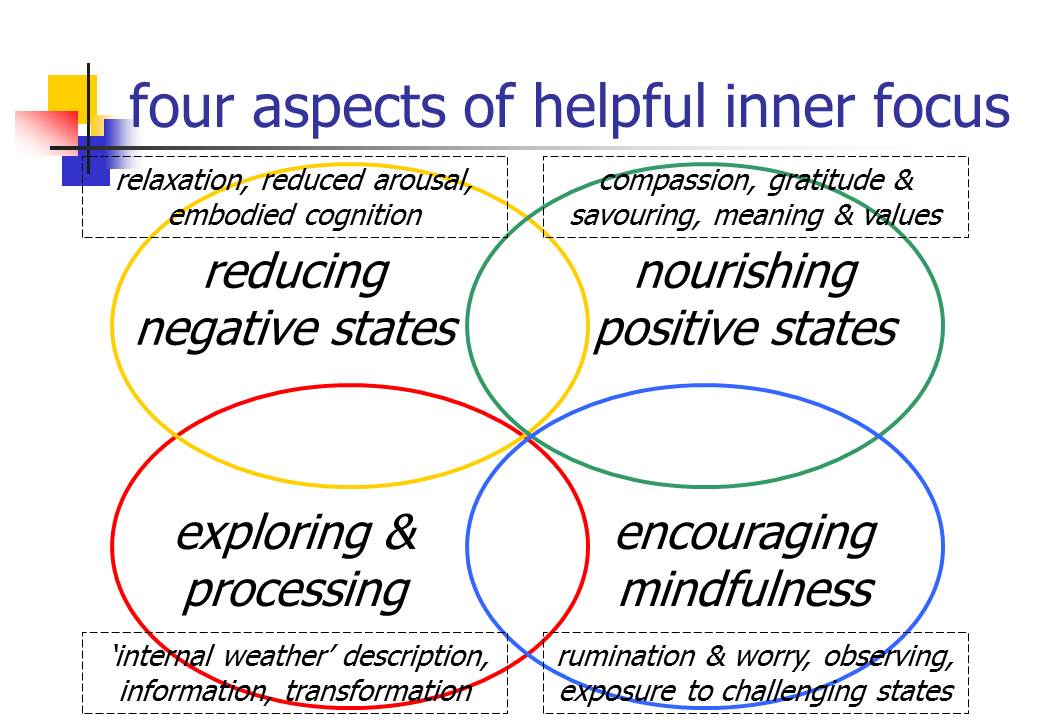"To reach the other shore with each step of the crossing": linking this with embodied cognition (2nd post)
Last updated on 12th September 2017
(This post & the previous one in the series are downloadable combined into a Word doc or a PDF file)
"The real voyage of discovery consists not in seeking new lands but in seeing with new eyes." Proust
"Let the beauty we love be what we do. There are hundreds of ways to kneel and kiss the ground." Rumi
"Wisdom, compassion, and courage are the three universally recognized moral qualities of men." Confucius

